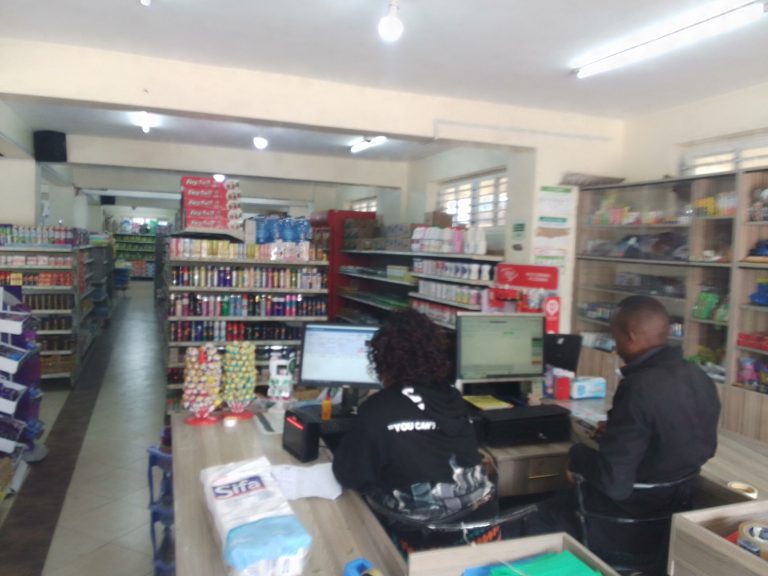In the midst of Uganda’s rapid integration into the global technological landscape, the way businesses operate must evolve accordingly. Point of Sale (POS) systems are swiftly emerging as the preferred technological solution, and here’s why.
Regardless of the type of retailer in Uganda, embracing a POS (point of sale) system can revolutionize business operations by providing an all-encompassing solution to various everyday challenges. Issues like discrepancies in inventories, unrecorded sales, human errors, and the subsequent time wasted on rectifying them are common hurdles faced by Ugandan retailers daily. Fortunately, these challenges can be easily overcome by implementing a POS system designed to accurately collect and record data, offering valuable insights into business functioning and paving the way for continuous improvement.
In the context of Ugandan businesses, efficient inventory management is paramount, extending beyond deliveries to encompass each sale, damage, and complementary giveaway. Envision a system that automatically logs these transactions in real time and saves them to a network-accessible database, allowing remote access. Moreover, the collected data can be collated for detailed analysis, providing a clear understanding of the most popular products, sales trends, and optimal selling times.
The same level of efficiency extends to managing reductions and special offers. Unlike traditional manual cash registers, POS systems in Uganda automatically calculate and track changes to pricing while simultaneously updating the inventory. This not only simplifies markdown management but also offers precise feedback on the effectiveness of promotions, down to the last penny.
While the thought of incorporating new technology into Ugandan businesses may seem daunting, POS systems are designed to be user-friendly, with the primary goal of simplifying operations and improving business efficiency. These systems enable staff to concentrate on customer interactions and the physical aspects of product preparation and sales, aligning with the core values of retail in Uganda.
POS systems in Uganda also facilitate the tracking of staff, including their working hours and completed transactions. The integration of multiple interfaces across different outlets, all serving the same database, ensures consistency in pricing, stock management, and accounts.
The flexibility of what businesses can do with the data collected by their POS systems remains in their hands. Manufacturers and suppliers in Uganda are increasingly open to statistical feedback, allowing them to adapt their services to meet the unique needs of Ugandan clients and customers. The more businesses in Uganda can learn to analyze their data, the more they can foster growth. Wastage, a costly and often overlooked aspect, is efficiently addressed by POS systems in Uganda.
Similar to computer-based systems worldwide, POS systems in Uganda come with various packages and applications catering to user needs. Once the basic hardware is in place, businesses in Uganda can customize their systems by selecting tools and services that align with their specific requirements. Regular software updates ensure businesses in Uganda stay current with the latest technological trends, enabling them to propel their operations to new heights. Embracing a POS system in Uganda is not merely a technological investment; it is a strategic decision to future-proof and elevate business efficiency in an era of rapid digital advancement.


